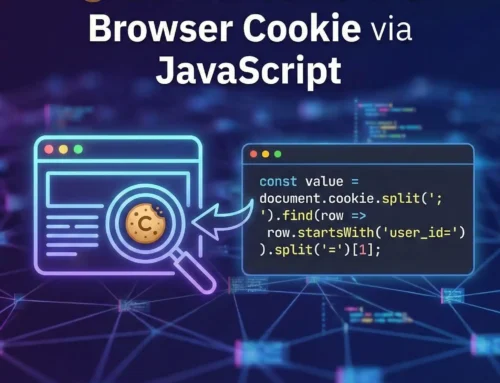
Approx. read time: 3.3 min.
Post: Game Crashing At The First Frame – Resolving Segmentation Faults in C++ Due to Bad File Descriptors
Resolving Segmentation Faults in “Five Nights At Chip Flakes”
Introduction
“Five Nights At Chip Flakes” is a C++ game that crashes upon launch with a ‘segmentation fault’ error and a ‘bad file descriptor’ message during GDB debugging. This article delves into the causes and solutions for these critical issues.
Understanding the Errors
- Segmentation Fault: Occurs when a program accesses unauthorized memory, indicating a severe bug.
- Bad File Descriptor: Appears when attempting to access a file with an invalid descriptor, often due to the file’s non-existence or insufficient access permissions.
Diagnosing the Problem
The error was pinpointed using GDB to the std::getline function trying to read from savedata.ini. This highlighted the issue of attempting to read from a file that was either not opened or did not exist, underlining a fundamental problem in file handling.
Causes and Solutions
- File Existence and Access: Ensure
savedata.iniis present in the designated directory and that the game has the required permissions to access it. - Error Handling in Code: Implement thorough checks to confirm file accessibility before reading operations.
Summary
The game encounters a segmentation fault due to complications arising from attempts to read from an improperly handled or inaccessible file. Enhancing the robustness of file handling procedures can prevent such crashes, ensuring smoother game execution.
Five Nights At Chip Flakes Original Code:
This error typically indicates that the file stream (saveData) you’re trying to read from is not in a valid state. This could be due to several reasons such as the file not existing at the specified path, or the program lacking necessary permissions to read the file.
Suggested Fixes:
- Check File Existence and Path: Make sure that
savedata.iniexists in the directory from which the application is launched and that the path is correct. - Verify File Permissions: Ensure that the file has the right permissions allowing your program to read from it.
- Enhance Error Handling: Add checks right after attempting to open the file and during reading to handle failures gracefully:
This streamlined version removes redundancy while focusing on clear and concise explanations, directly addressing the problem and its solutions without unnecessary repetition.
- Utilize Error Reporting: Include error reporting to provide more details if file opening fails, by leveraging
errnoandstrerror:
These changes should help you pinpoint the problem and possibly fix the segmentation fault due to a bad file descriptor error.
The most critical step to resolve the issue seems to be related to handling of the file operations, especially how your code responds when the savedata.ini file is missing or can’t be read.
A crucial error in the flow of your code: if savedata.ini doesn’t exist and createWindow exits with SAVEDATA_LOADING_ERROR, your main function calls quit(), which again tries to read from savedata.ini without checking if the file opening was successful.
Here’s a concise approach to address this issue:
Implement Robust File Handling and Error Checking
- Check File Opening Thoroughly: Make sure to check whether the file is opened successfully every time you attempt to open it. This applies not just in
createWindowbut also inquit()and any other function that attempts to read or write the file. - Separate File Reading/Writing Logic: Decouple the reading and writing logic from other functionalities. When exiting due to an error like
SAVEDATA_LOADING_ERROR, ensure that you do not attempt to read from or write to the file again without proper checks. - Refactor the
quit()Function: Modifyquit()to prevent it from attempting to accesssavedata.iniif the file has previously failed to open. You could add a global flag that checks the status of the file operation and only proceed if the file was successfully opened earlier.
Here’s a quick refactor of the quit() function considering the above points:
This approach ensures that your application handles file operations more reliably, reducing the risk of crashing due to unhandled file errors.









